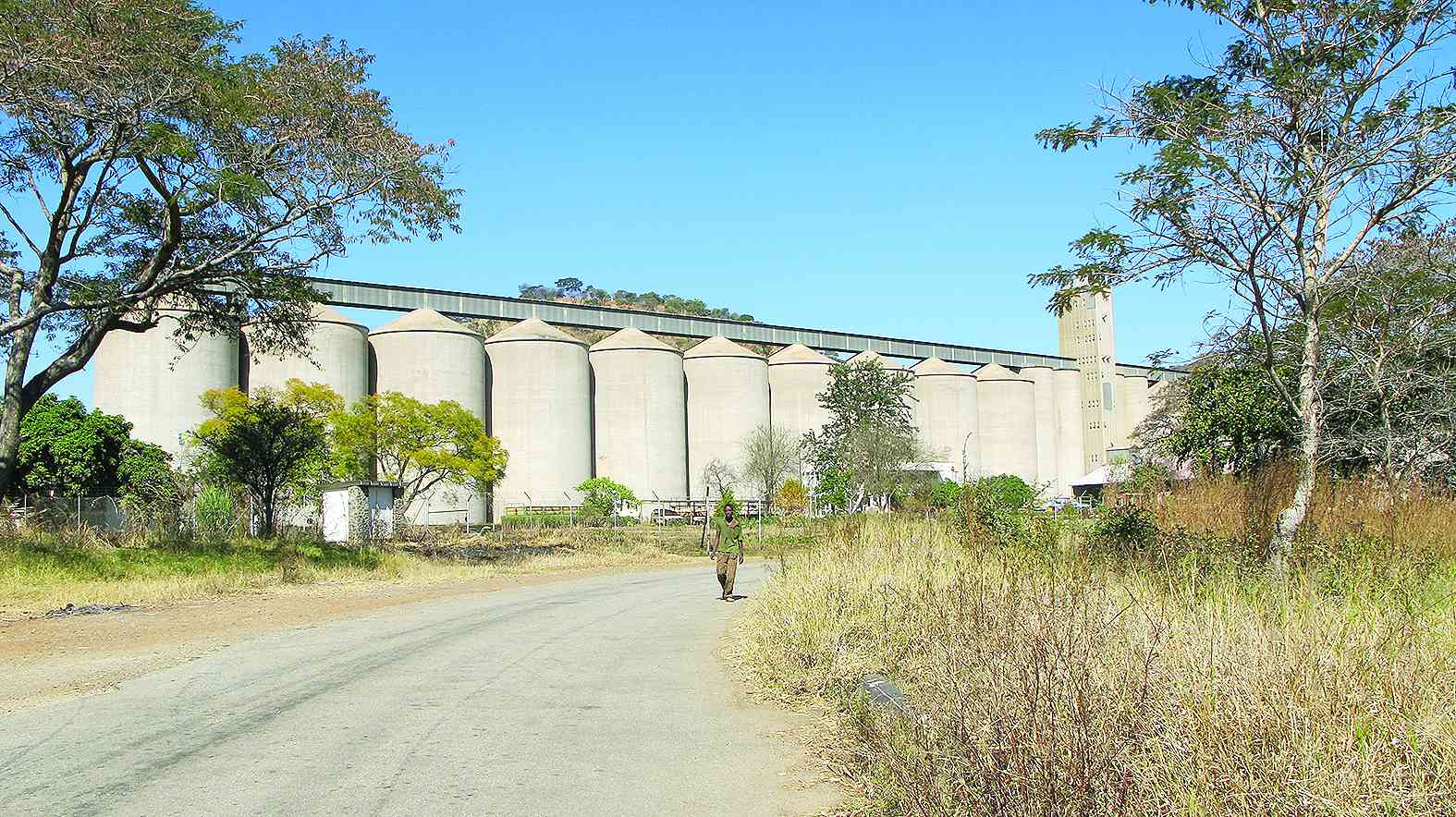


Zimbabwe, a country facing economic challenges and a food crisis, is now making a last-ditch effort to build grain reserves. The government has announced a purchase price of US$390 per metric tonne for grains in an attempt to incentivize farmers to sell their surplus stocks. This move comes after previous claims of plenty were revealed to be false [02cd40ad].
However, the timing of this effort is unfortunate as Zimbabwe is currently facing a bleak future in terms of food security. Maize output is expected to halve this year due to an El Nino-induced drought, leaving at least 2.7 million people at risk of hunger. The World Food Programme has reported an increase in the number of people resorting to food-based coping strategies. It is crucial for Zimbabwe to declare a drought and take swift action to address the situation [02cd40ad] [8cb00e8c].
The government's decision to boost grain reserves is an important step towards mitigating the impact of the food crisis. By offering a higher purchase price, the government hopes to encourage farmers to sell their surplus stocks and contribute to the building of grain reserves. However, it remains to be seen whether this effort will be enough to address the significant challenges faced by Zimbabwe [02cd40ad].
In a related development, Christine Wittich, an assistant professor of civil and environmental engineering at the University of Nebraska-Lincoln, has received a grant from the National Science Foundation worth $615,387 over a five-year period to research and improve the resilience of steel grain bins in rural America against natural disasters such as wind storms and earthquakes. The project is an outgrowth of Wittich's earlier research on the damage caused by a derecho storm in Iowa in 2020, which resulted in significant damage to steel grain bins. There are an estimated 750,000 grain bins across the country, and their failure can lead to losses exceeding $250,000. Wittich and her team are conducting research to understand how steel grain bins hold up under seismic and wind loads through numerical modeling, large-scale experimentation, and earthquake simulations. The research could lead to the development of different construction standards for grain bins. Additionally, Wittich aims to create outreach opportunities for middle and high school students in rural areas to encourage them to pursue engineering careers by incorporating examples from smaller towns and farming communities in her classes [9ae92db7].